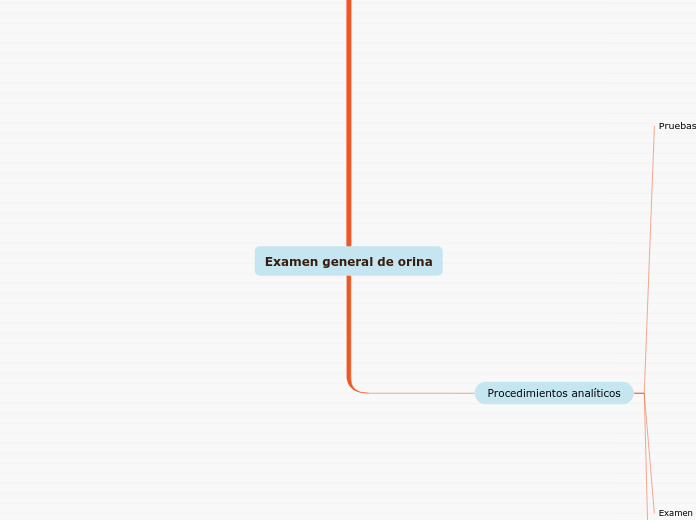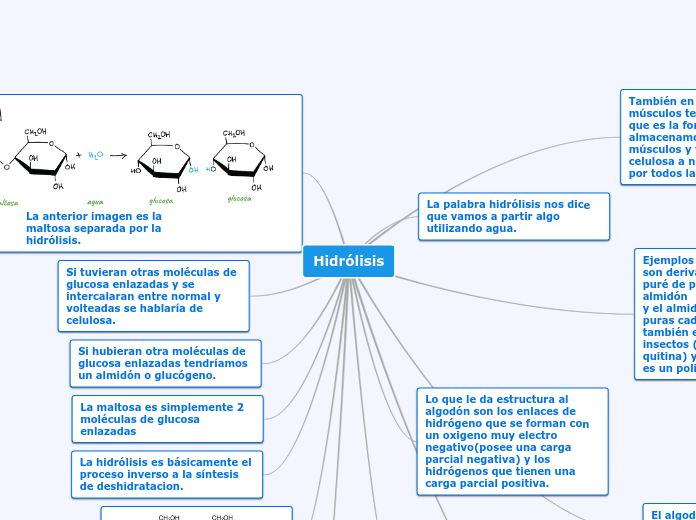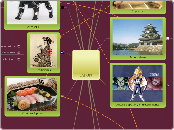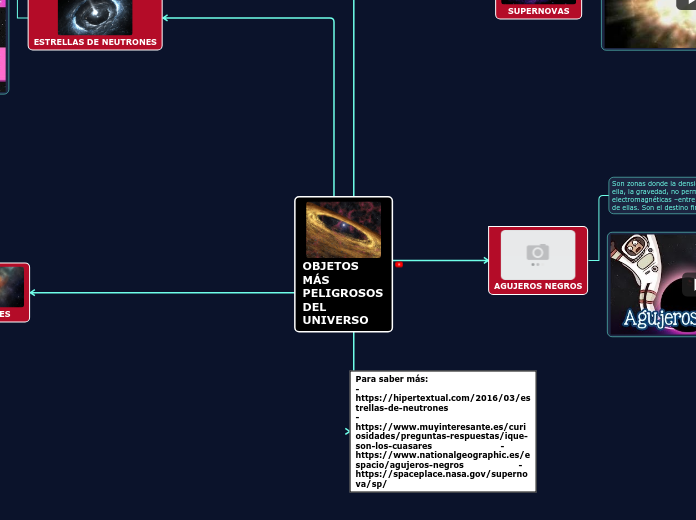Examen general de orina
To name your story, you have to think about the overall message and what you want your audience to understand from the story. Also, make it relevant and easy to remember.
Procedimientos analíticos
The ending of a story is essential. We all know that if the ending is weak, what happened before loses its importance. So make it unpredictable, but fair. A resolved ending answers all the questions and ties up any loose threads from the plot.
Estudio micróscopico del sedimento urinario
Valores normales
Leucocitos de 0 a 2C nivel normal
Eritrocitos de 0 a 5C
Valores escasos
Cristales de uratos o
fosfatos amorfos
Células epiteliales
escamosas
Cristales de oxalato de calcio
Examen químico
This is the closure section of the story.
See examples of possible outcomes below:
- all problems have been solved
- it's clear how each one of your characters ends up
- your main character is transformed by the challenge
No debe contener
Urubirinogeno
Aumento:
Enfermedades hepáticas
-Problemas hemolíticos
-Hepatitis infecciosas o tóxicas
-Hemorragias intensas
Cetonas
No aparecen ya que la grasa metabolizada es desdoblada completamente en dióxido de carbono y agua
Bilirrubina
No contiene la orina normal
-Primera señal de enfermedad hepática
Hemoglobina
-Anemia hemolíticas
-Lesión de los tejidos del sistema urinario
-Reacciones transfusionales
Glucosa
Try answering these questions in order for you to come up with a closure:
- Have all problems been solved?
- Is it clear what happens with all your characters in the story?
- Has the challenged transformed your main character?
- How do the characters feel in the end?
Umbral renal para glucosa
-Glicemia
-Diabetes
-180 a
200mg/dL
Método específico de glucosa oxidas y peroxidasa
Se refiltra en los glómerulos, se reabsorbe en el túbolo proximal no en orina
Mas utilizado
Proteínas
En promedio se excreta menos de 10 a 100 mg en 24h
La orina normal contiene muy poca proteína
Try answering these questions to come up with a closure:
- Have all the problems been solved?
- Is there a clear picture of what happens with each character in the story?
- Has the challenge transformed your main character?
- How do the characters feel in the end?
Proporcionan información del metabolismo (Carbohidratos, Balance ácido base, Función renal y hepática, infección de vías urinarias
Parámetro. pH
Color azul, verde-pH alcalino
Color naranja-pH ácido
Refleja la capacidad del riñón para mantener una
concentración normal de hidrogeniones en el plasma y en los líquidos extra celulares
En la zona reactiva se lleva a cabo una reaccion quimica productora del color
Pruebas fisícas
This is the moment when the main character surpasses the last obstacle and finally faces their greatest challenge.
The climax usually follows one of these patterns:
- realization
- resolution
- choice
Type in your answer.
Materiales
Tiras reactivas
Refractómetro
Urinómetro/Hidrometro
Evaluación
Densidad
Limites normales de 1.005 a 1.030 g/l
Menor
Pielonefritis
Glomerulonefritis
Diabetes insípida
Mayor
Enfermedades hepaticas
Insuficiencia suprarrenal o cardíaca
Diabetes Mellitus
Aspecto
Transparencia
Turbia
Ligeramente turbia
Transparente/Muestra recién obtenida
Color
Naturaleza no patógena. Ingestión de alimentos, medicamentos y vitaminas muy pigmentadas
Color anormal
Roja: Hemoglobina
Rosa: Eritrocitos
Amarillo-anaranjado: Bilirrubina
Olor
Detección clínica de enfermedad.
Cetonuria. Olor dulce o a frutas
Infección urinaria. Provocado por bacterias
Orina con olor a jarabe de arce
Análisis de orina
The middle of the story is where you add layers of complications that will lead to the end. Reveal more about the character's journey. Did their personality go through changes? How did they overcome the challenges? And as you build up the story’s central conflict, make it more personal to that character. Also, from the middle act, you have to lead into the final act.
Recolección de la muestra
There wouldn't be any tension and excitement in your story if there weren't any obstacles in your character's way.
Examinarse en 2h a refrigeración
Volumen de recolección de 2 a 15 ml
Aseo previo
Fecha y hora
Nombre del paciente
A story is nothing more than a character overcoming a series of difficulties to reach the desired goal. Obstacles usually create suspense and conflict. In overcoming obstacles, there is growth: weak becomes strong; hatred turns into love; sadness into happiness; wrong into right; lies into truth; or evil becomes good.
See a few examples below:
- stopping a meteor
- finding a killer
- finding love
Se utiliza para
Each story has a main character and that character usually needs to solve a problem or challenge. The character's challenge is the one that creates tension throughout the story.
Análisis de rutina
Type in any other challenges which other characters in the story need to face.
Detectar enfermedades y datos clinicos referentes al órgano
In most stories, there are 3 challenges. The number 3 is a mystical number symbolizing completeness. Try to come up with interesting challenges with which your character needs to struggle.
See a few examples below:
- turns into a werewolf at night
- is sent back in time
Orina. Producto formado a travéz de la filtracion del plasma en riñones
In the beginning of the story (or the exposition), you will need to introduce the setting and characters. You might also want to introduce the main conflict. This part of the story is important because it gives the reader necessary background information and maybe even a first insight into a character’s personality.
Riñon
Characters are essential to a good story. Usually, the protagonist(s) is/are the most affected by the plot. Introduce a character by focusing on their actions, interests, and occupation, as the physical appearance doesn't make a difference in most cases.
Funciones
Type in the name of your character.
Trabaja en conjunto con otros órganos
Add other qualities/attributes of the character.
Excreción de los productos metabolicos de desecho
What is your character's main goal?
fight Evilfind lovedefeat his/her enemyrule the worldmake friendstime travelmake an awesome discoveryOther
Regulacion del equilibrio hidrolítico
Which traits best describe the character's personality? Choose more if necessary:
introvertedloyalkindindependentquick-thinkingadventuresomeidealisticsweet-naturedcalmrisk-takercreativewittystrictfussyweirdclumsyharshaggressivecarelessclingingcowardlycrueldeceitfulimpulsiveOther










